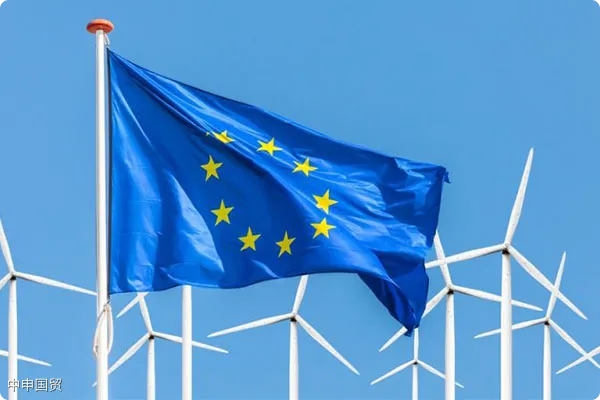- Shanghai Zhongshen International Trade Co., Ltd. - Two decades of trade agency expertise.
- Service Hotline: 139 1787 2118
In its continuous efforts to address global climate change, the EU has recently taken a series of important measures to further promote the green transition and strengthen environmental protection. The latest measures include the adoption of the Empowering Consumers for the Green Transition directive, which prohibits environmental impact claims based on greenhouse gas emission offsets, that is, it prohibits the promotion of carbon-neutral products or carbon-neutral activities based on carbon offsets. At the same time, the EU has also stipulated through laws that the use of some plastic packaging will be partially prohibited from 2030. These measures mark solid steps taken by the EU in environmental protection and sustainable development.

Ban on Carbon-neutral Publicity
The Empowering Consumers for the Green Transition directive will come into force on September 27, 2026. This directive clearly prohibits any environmental impact promotion based on carbon offset claims, and its main purpose is to prevent consumers from being misled by misleading environmental publicity. According to this directive, only sustainability labels that use approved certification schemes are allowed, which will ensure the authenticity and reliability of all promotional materials and thus help consumers make more environmentally friendly choices.
Plastic Packaging Ban Policy
On the other hand, in order to reduce the environmental impact of plastic waste, the EU has also taken further measures. Starting from 2030, the EU will ban the use of plastic packaging for a small portion of salt, sugar, fruits, and vegetables. In addition, the use of plastic films for luggage at airports will be prohibited, and lightweight plastic bags will be banned in supermarkets. All of these will only allow the use of packaging made of paper and other materials. By 2040, the packaging finally thrown into the trash should be reduced by at least 15%.
Impact on Enterprises and Consumers
These new laws and policies will have a significant impact on both enterprises and consumers. For enterprises, this means that they need to adjust their production and marketing strategies to meet the new environmental protection standards. This may require enterprises to invest additional costs in developing and using sustainable labels and other environmentally friendly materials. However, this also provides new opportunities for enterprises, encouraging innovation and the development of new environmentally friendly products and services.
For consumers, these policies will provide more environmentally friendly options, helping them make decisions that are beneficial to the environment. By reducing their reliance on plastic packaging, consumers can contribute to reducing the environmental burden.
Related Recommendations
? 2025. All Rights Reserved. 滬ICP備2023007705號-2  PSB Record: Shanghai No.31011502009912
PSB Record: Shanghai No.31011502009912









